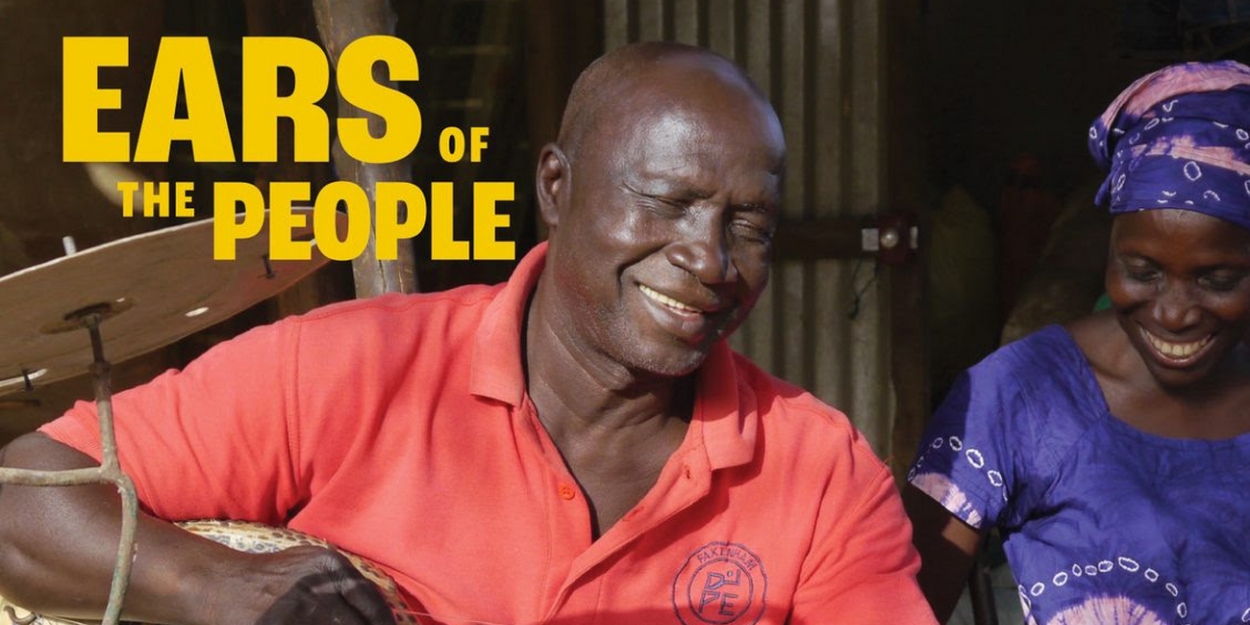Smithsonian Folkways Announces 'Ears of the People' Album
The new album will be released on February 4, 2023.

The first album of West African ekonting music, Ears of the People: Ekonting Songs from Senegal and Gambia is a testament to the endurance of music and tradition across the gulf of centuries and some of the most brutal history imaginable.
It's also a showcase for living traditions in West Africa, and for the wealth of stories and beauty that a humble, handmade instrument can hold. Though it's generally acknowledged today that the American banjo came originally from Africa and should be considered an African instrument, for many years the question remained as to what African instrument exactly was the source of the banjo?
Scholars, including Pete Seeger, pointed to instruments like the Wolof xalam or the Mandinka ngoni as possible antecedents, but it took the work of pioneering Gambian ethnomusicologist Daniel Laemou-Ahuma Jatta (who also wrote the album's foreword) to show the Senegalese and Gambian ekonting (also spelled "akonting") as a particularly likely source. In the evening, after work, Jatta's father played this three-stringed, gourd instrument popular among the Jola people.
Recorded in the Casamance borderlands region of southern Senegal, near to Gambia and Guinea-Bissau, in 2019 by Linford in village squares, adobe houses, and improvised studios, these nine ekonting players present a cross-section of Senegalese society. Players like 71 year old Abdoulaye Diallo, equally knowledgeable about both Islam and the Jola indigenous religion, whose songs move between personal and political storytelling. "Every song has a significance," he says.
"There is the song, but then there is the story behind the song." Jules Diatta leads a band called Sijam Bukan from his house in the village of Mlomp and performs songs that accompany Jola wrestling matches, especially the processionals that let the wrestlers strut their way through the village with a parade of supporters.
The virtuosic Adama Sambou has toured Europe and is a prolific composer, writing many songs from his home, while ekonting legend Jeandum Djibalen was one of the first ekonting players to professionalize the instrument, moving it from the rice fields to the concert halls. Elisa Diedhiou is one of the few women to play the ekonting, and the first to perform as a professional ekonting player. "People look at me like I'm crazy," she says. "A woman with an ekonting! But when I go to Mlomp or Oussouye, lots of people come to see me play and all the old ladies say 'Bravo! Bravo!'"
Comments
Videos

